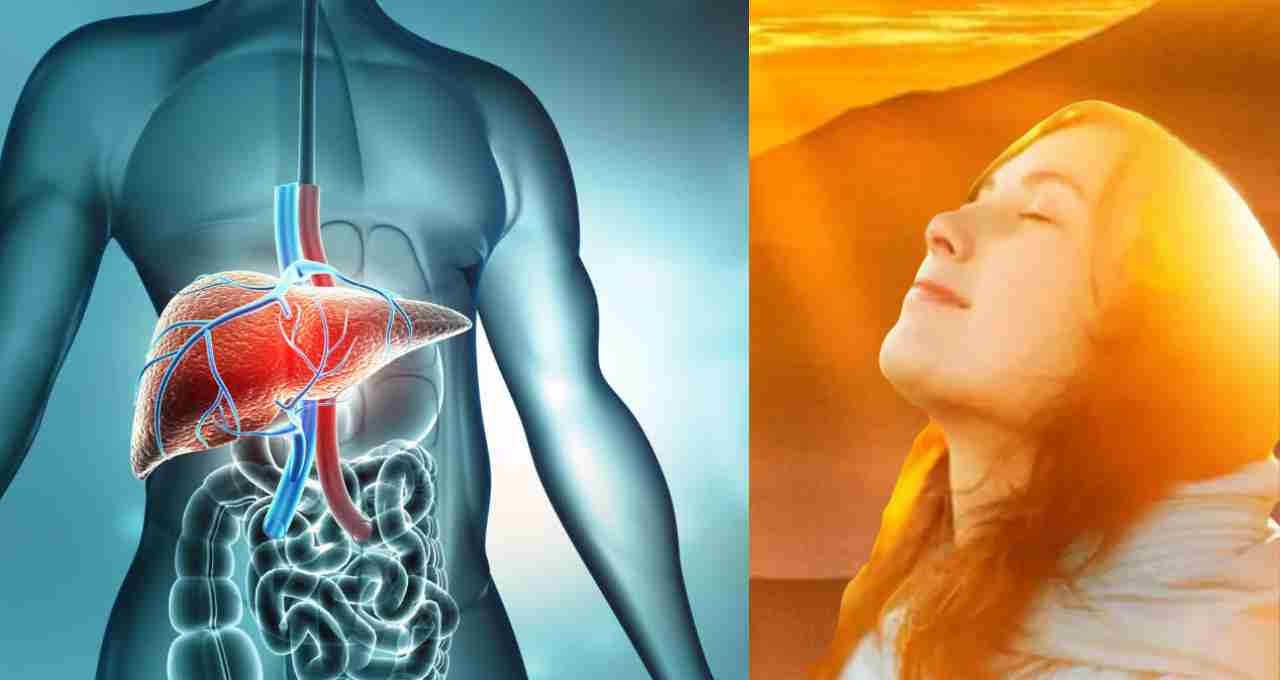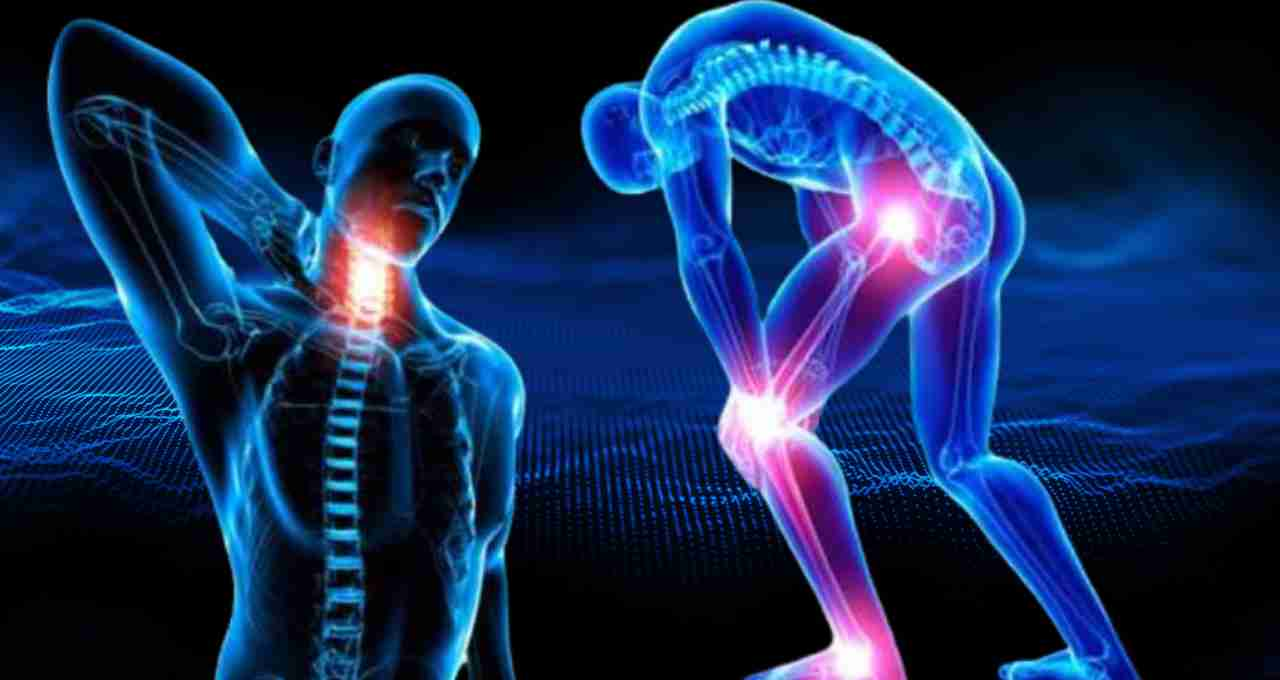Vitamin D is a crucial nutrient for our bodies, bolstering everything from bone strength to our immune system. However, Vitamin D deficiency is becoming increasingly prevalent, particularly among individuals who spend extended periods indoors or have poor dietary habits. This deficiency can impact various organs, but its most significant effects are seen on bone and heart health.
Bones are Most Affected by Vitamin D Deficiency
The primary and most direct impact of Vitamin D deficiency is on bone health. Vitamin D facilitates calcium absorption, maintaining b bones. A deficiency leads to reduced calcium absorption, resulting in weak and soft bones, a condition known medically as osteomalacia. In children, this deficiency can cause rickets, hindering proper bone development.

This condition often manifests as bone pain, muscle weakness, and increased risk of fractures. Elderly individuals are particularly vulnerable, experiencing accelerated bone weakening and a heightened fracture risk. Maintaining adequate Vitamin D levels is crucial for b bone health.
Significant Impact on Heart Health
Vitamin D's importance extends beyond bone health; it plays a vital role in cardiovascular health. Numerous studies have linked Vitamin D deficiency to an increased risk of heart disease. The deficiency can elevate blood pressure, contributing to hypertension. It also increases the risk of serious conditions like diabetes and heart attacks.
Vitamin D is essential for maintaining a healthy heart because it helps keep blood vessels healthy and reduces inflammation. A deficiency can negatively impact heartbeat, increasing the risk of heart attack or stroke. Addressing Vitamin D deficiency is crucial for preventing heart disease.
Muscle Pain and Weakness as a Consequence of Vitamin D Deficiency
Vitamin D deficiency doesn't solely affect bones; it can also weaken muscles. A deficiency often leads to muscle pain, weakness, and fatigue. This not only weakens muscles but can also impede mobility.

This is particularly dangerous for the elderly, as muscle weakness increases the risk of falls. If left unaddressed, the problem can worsen, significantly impacting daily activities. Maintaining adequate Vitamin D levels and promptly addressing deficiencies is vital.
Other Symptoms of Vitamin D Deficiency
Several other common symptoms warrant attention. Deficiency can weaken the immune system, leading to frequent infections. Fatigue, mood swings, and even depression can also occur. Headaches and sleep disturbances are sometimes associated with Vitamin D deficiency. If experiencing these symptoms for an extended period, it's crucial to check Vitamin D levels for timely treatment and improved health.
Causes of Vitamin D Deficiency
Several factors contribute to Vitamin D deficiency, but insufficient sunlight exposure is a major culprit. Sunlight is the best natural source of Vitamin D, but modern lifestyles often involve extended indoor time, limiting sun exposure. Additionally, certain health issues, such as kidney or liver disease, can reduce Vitamin D levels. Obesity can also be a factor, as excess fat reduces Vitamin D absorption. Some medications may also contribute to deficiency. Therefore, a healthy lifestyle and medical advice are essential for preventing Vitamin D deficiency.
Remedies for Vitamin D Deficiency

Sun Exposure: Daily sun exposure for 15-20 minutes helps replenish Vitamin D levels. Morning or evening sunlight is most effective.
Dietary Changes: Incorporate Vitamin D-rich foods into your diet, including fatty fish (salmon, mackerel), egg yolks, mushrooms, and Vitamin D-fortified milk or cereals. Citrus fruits and herbal supplements may also be beneficial.
Supplements: For severe deficiencies, Vitamin D supplements are necessary, but only under a doctor's guidance. Excessive intake can be harmful.
Vitamin D deficiency is a common yet serious problem affecting bones, heart, muscles, and the entire body. Early detection and appropriate measures can significantly improve health. Sun exposure, a balanced diet, and doctor-recommended supplements are effective solutions. Prioritize your health and don't ignore Vitamin D deficiency.














